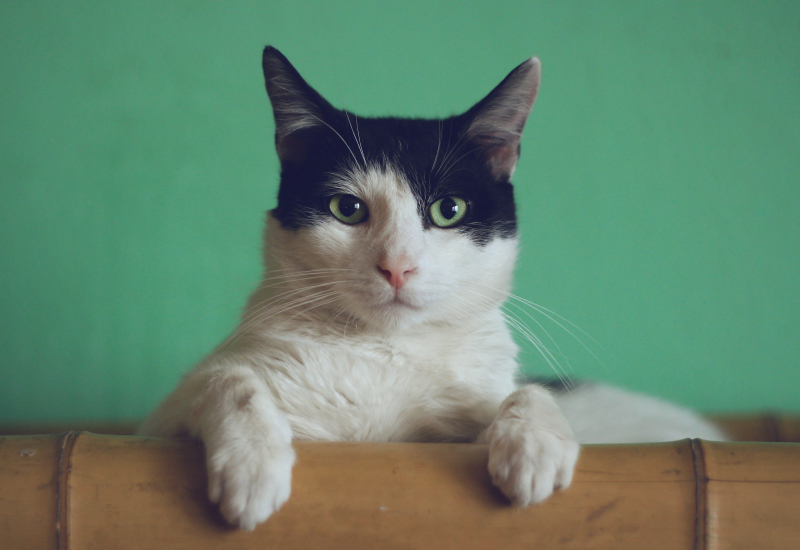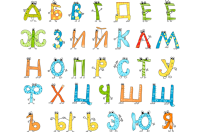The first cat-related thing that’s different in the Russian language is a gender issue, as there are different words for a male (кот, kot) and a female (кошка, koshka) cat, and you always state a cat’s gender if you know or at least suspect what it is. Actually, this has to do with a more general rule that you have to keep in mind: in Russian, a specific animal is never an “it”, and when you’re referring to a group of animals or even a species as a whole, the word will still be of either masculine or feminine gender.
So, when referring to a group of wolves, for example, you’ll be saying “волки” (volki), the plural for the masculine wolf (волк, volk), but when seeing a fox somewhere far away, you’ll be expecting that it’s a лиса (lisa), a she-fox and not a he, лис (lis). Funnily enough, there are also quite a lot of words for animals that only have a feminine gender: for example, flies and chupacabras are female by default and any attempt to form a word for a he sounds completely wrong.
Back to the topic of kitties. The words that Russians use to attract a cat’s attention is “кис-кис” (kis-kis); as for the sounds that cats produce, a cat’s meow is quite similar: мяу (the sound is generally the same), to meow is “мяукать” (meowykat’), and to purr is мурчать (murchat’).
Well, that seems to cover the basics, which aren’t much different from what you’ll find in many other languages - but what I really want to share with you is several proverbs and expressions that I find rather curious.
The first is “кот наплакал”, which can be translated as “as much as a cat would cry” or simply “next to nothing”. You usually use it to state that there’s very few of something, for example the days off that you have left.
If you feel really anxious and uncomfortable, but you don’t really know why, you can say that “кошки на душе скребут” - that “cats are scratching on (that sounds strange in Russian, as well, but that’s the preposition used) your soul”.
Remember your early school days when the class became a mess the moment the teacher left? In this case, one can say “кот из дома, мыши в пляс” - “when a cat leaves the house, mice dance”, meaning that everyone and everything gets out of control after the boss leaves. And if they came back, you’d say “не все коту Масленица”: crudely “not every day is Maslenitsa (Shrovetide, a Russian version of mardi gras and a holiday when there’s lots of leftover cream) for a cat”, meaning good things don’t last long.
By the way, when something is completely messed up, you can expect some Russians to comment “кошкин дом” - “a cat’s house” (but not a cathouse). Another peculiar word with almost the same meaning is “катавасия” (katavasia), which is a combination of the masculine word for a cat and the name Васька (Vaska), which is a popular cat name in fables and fairy tales.
Yet another expression with one of the most popular cat names is “а Васька слушает, да ест”: “so Vaska listens, but nevertheless continues to eat”, which is a quote from a popular Russian fable. In short, this one’s used to describe a situation when someone continues to do wrong even after being told not to do so, but points at the ignorance of the one who’s addressing them. Well, I guess the short way isn’t the most comprehensible, so you’d better read the original text if you’re interested (you can find a decent English translation with an explanation here, for instance).
Finally, there’s a phrase that will most likely get you on the good side of almost any educated Russian, which is a quote from the extremely popular novel The Master and Margarita by Mikhail Bulgakov: “Не шалю, никого не трогаю, починяю примуc” (“I’m neither fooling around nor messing with anybody, I am just fixing my oil stove”). The phrase belongs to a most charismatic character, the cat Behemoth, and its short version, “никого не трогаю, примус починяю” has over the years since the novel’s publication assumed the status of a commonly used proverb. If you need to acquit yourself of some wrongdoing, referencing your trusted oil stove is likely to score you at least some points with almost any Russian accuser.
I guess that’s it for today. See you next time!




